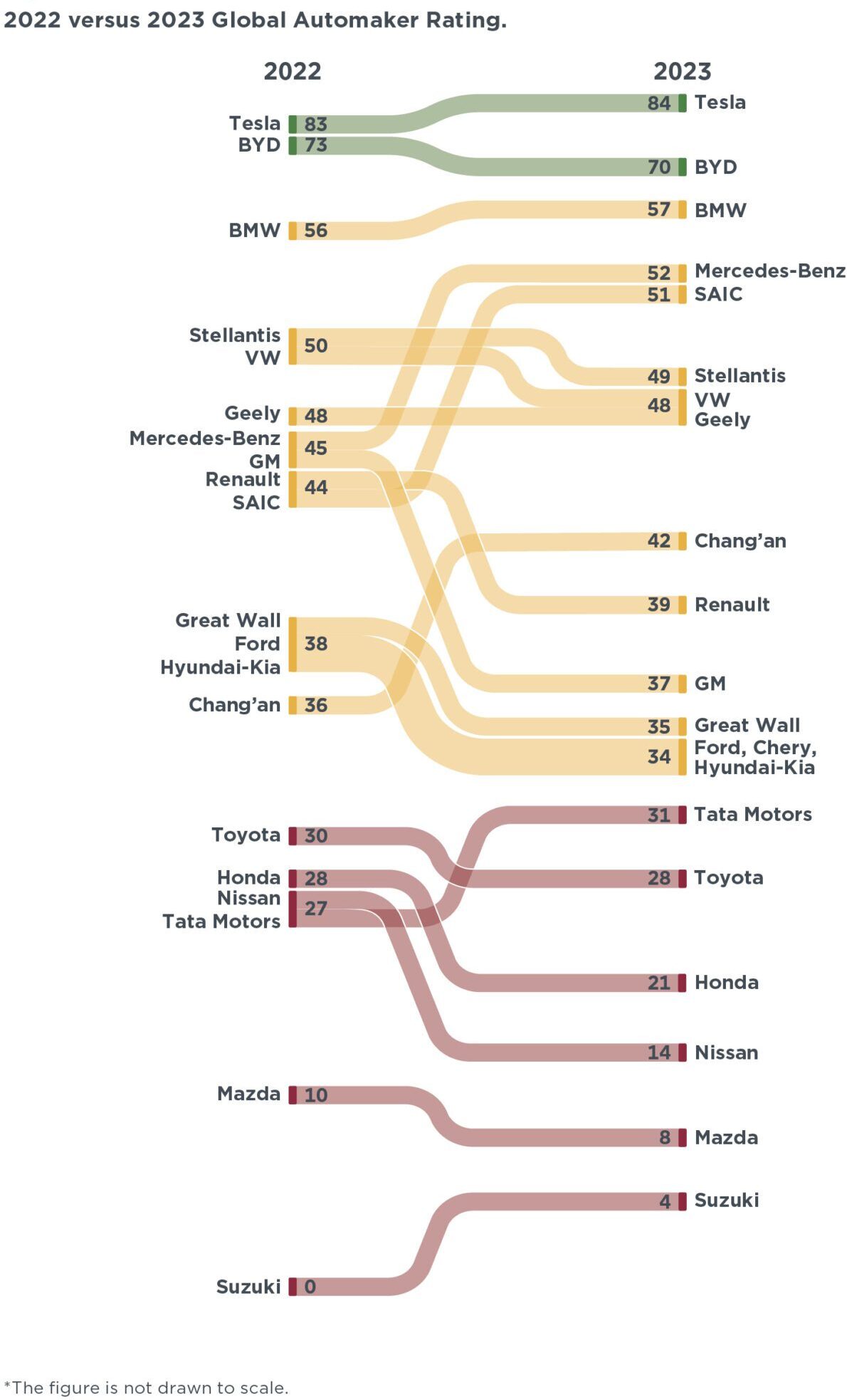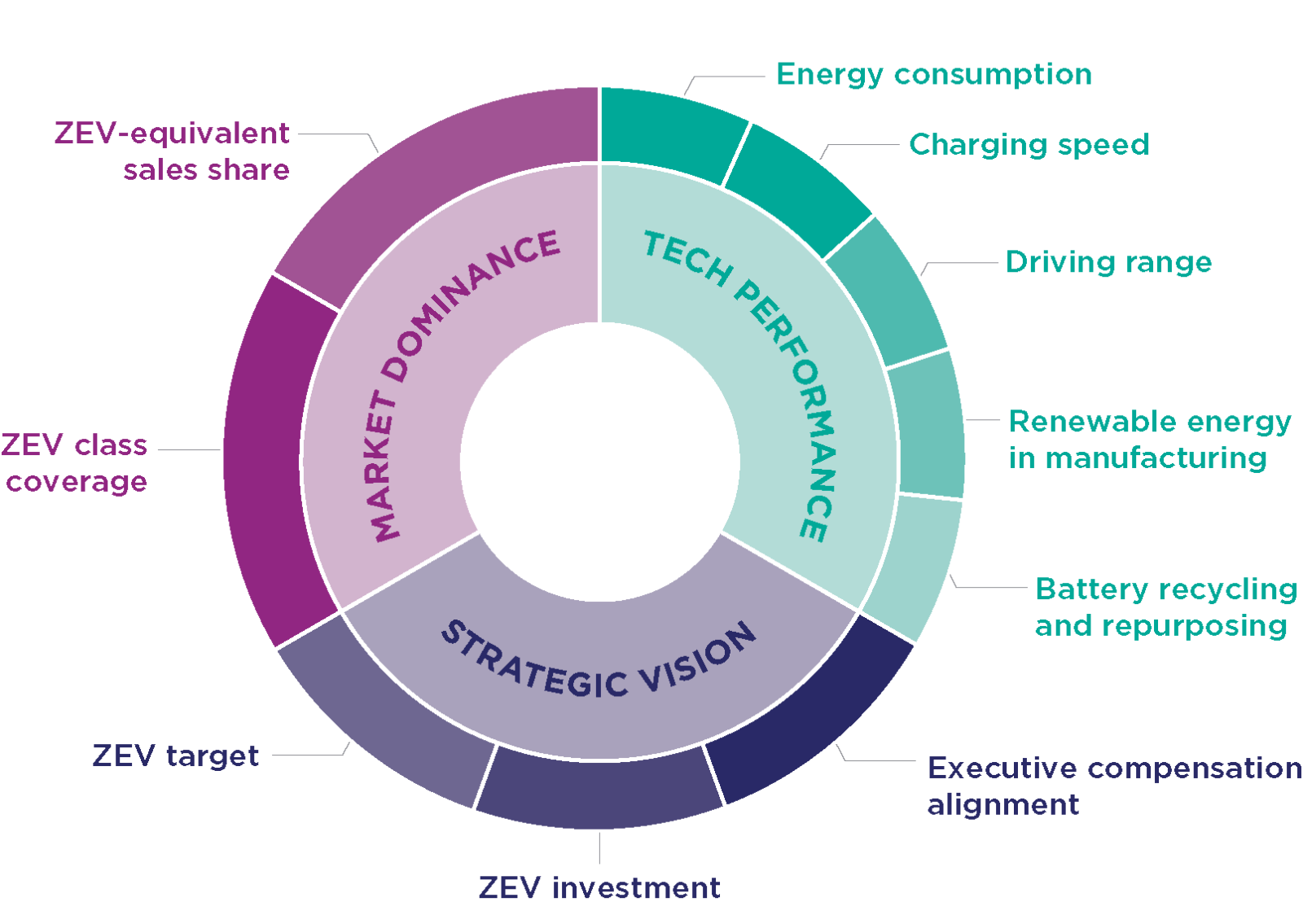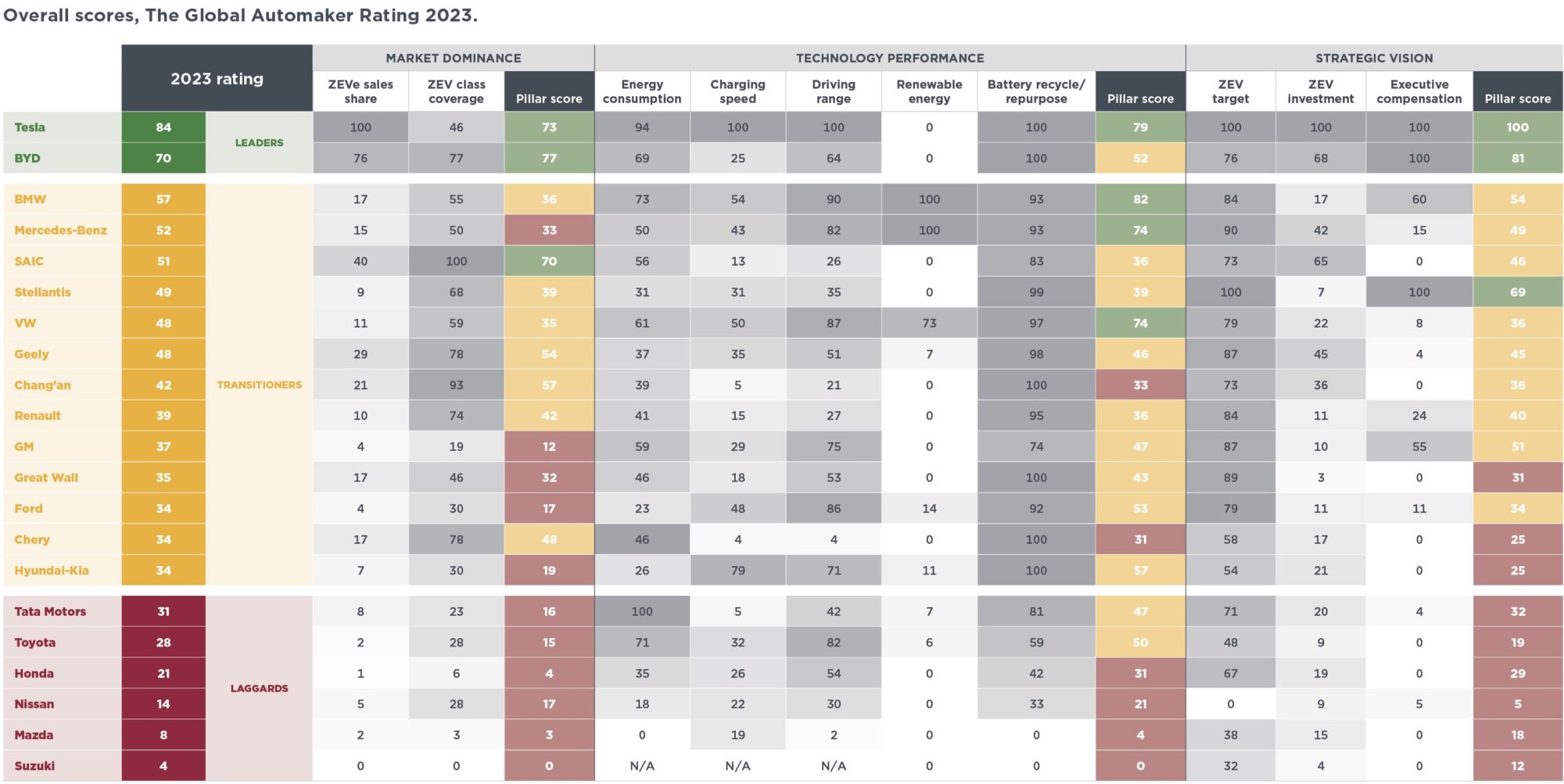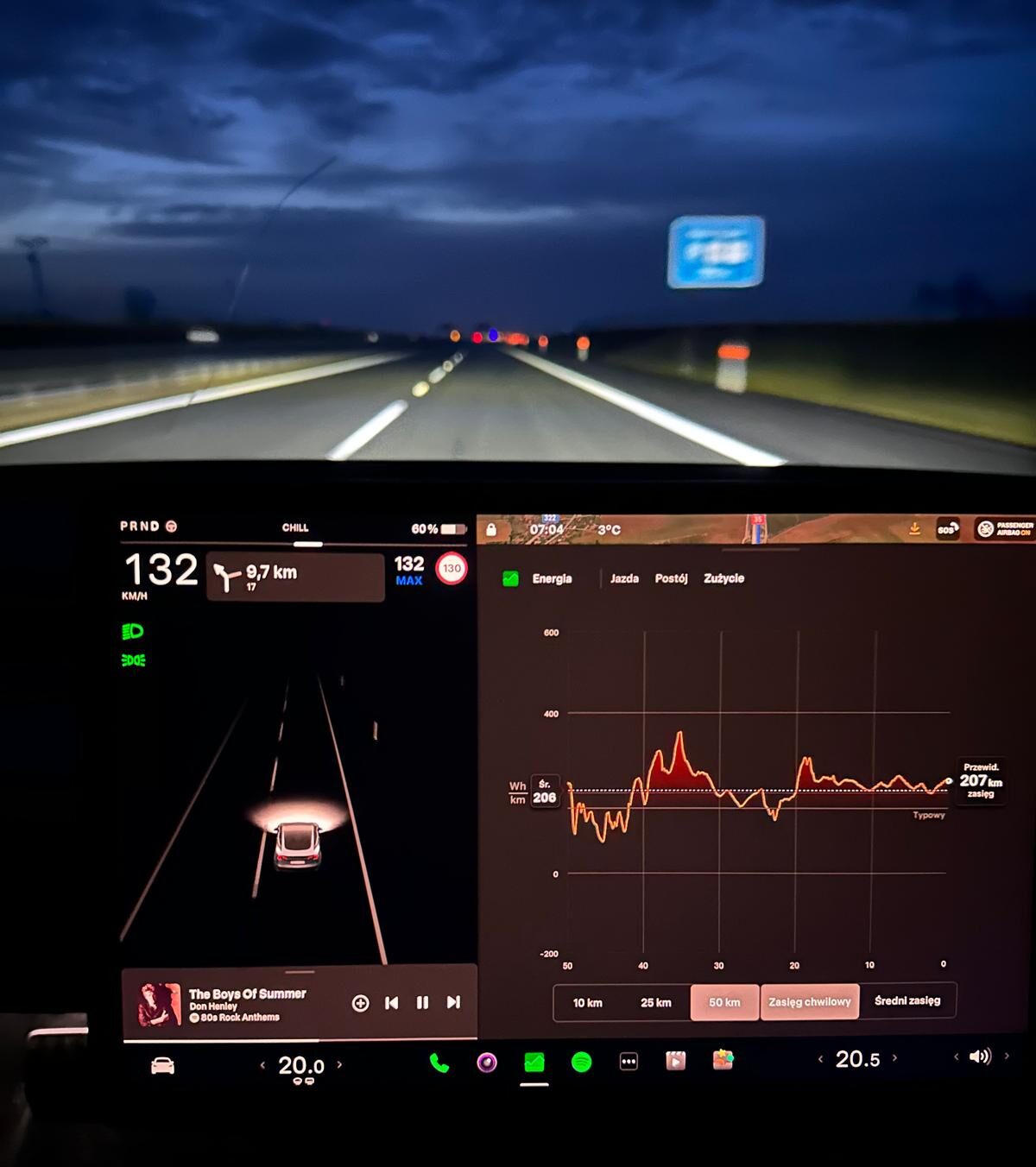Sign up for daily news updates from CleanTechnica on email. Or follow us on Google News!
As The Transition To Electric Vehicles Continues, Which Automakers Will Keep Pace?
There are big improvements in technology performance, but room to expand on ZEV models offered.
Washington, D.C. — Today, the International Council on Clean Transportation released its annual assessment of automaker’s progress transitioning to zero-emission vehicles (ZEVs). The transition continues to accelerate, reflected in growing sales, improved technology performance, and more ambitious visions.
The ICCT analyzed 21 of the world’s largest automakers by volume across 10 custom designed metrics in three categories. Together, these metrics reflect the readiness to produce fully ZEV vehicles on a timeline swift enough to keep up with the global transition.
This report uses 10 custom-built metrics that fall into three categories (figure below).
Most automakers improved across 6 of these key metrics: ZEV-equivalent sales share, energy consumption, driving range, ZEV target, ZEV investment, and executive compensation tied to ZEV development. Other key takeaways include:
- Tesla and BYD were still leading the pack in 2023. However, to maintain that edge as the EV market matures, BYD will need to shift away from PHEV sales which are currently at 48%, and both OEMs will need to expand their class coverage.
- Mercedes-Benz, SAIC, and Chang’an are the most improved manufacturers in the rating compared with 2022. Mercedes-Benz is one of the most improved in decarbonizing its supply chain with increased use of renewable energy and deployment of battery recycling and repurposing. The other was Chang’an, which announced new battery recycling and reuse efforts. SAIC has the largest growth in its ZEV sales share.
- Automakers based in Japan and India are still at the bottom of our rating, but Tata Motors is a rising star. Tata Motors increased its ZEV target ambition and investment, along with significant technology improvements.

“Automakers are making substantial progress in the transition to zero-emission vehicles, but more work needs to be done,” said Zifei Yang, report author and Global PV Lead at the ICCT. “To be competitive into the future, OEMs will need to expand their ZEV models on offer to help boost their ZEV sales share while improving ZEV technology performance.”
ICCT modeling indicates that nearly 100% of new light-duty vehicles sold in leading markets in 2035 must have zero tailpipe emissions to put the transportation sector on a trajectory aligned with the goal of limiting global warming to below 2 °C, as defined in the Paris Climate Agreement. “Automakers that are slow to invest in the advanced technologies that regulations are designed to promote may soon find themselves outpaced by competitors who more wisely bet on the future,” says Stephanie Searle, ICCT’s Chief Program Officer.
Publication details
About the International Council on Clean Transportation
The International Council on Clean Transportation (ICCT) is an independent research organization providing first-rate, unbiased research and technical and scientific analysis to environmental regulators. Our mission is to improve the environmental performance and energy efficiency of road, marine, and air transportation, in order to benefit public health and mitigate climate change. Founded in 2001, we are a nonprofit organization working under grants and contracts from private foundations and public institutions.
Courtesy of International Council on Clean Transportation.
Have a tip for CleanTechnica? Want to advertise? Want to suggest a guest for our CleanTech Talk podcast? Contact us here.
Latest CleanTechnica.TV Videos
CleanTechnica uses affiliate links. See our policy here.







